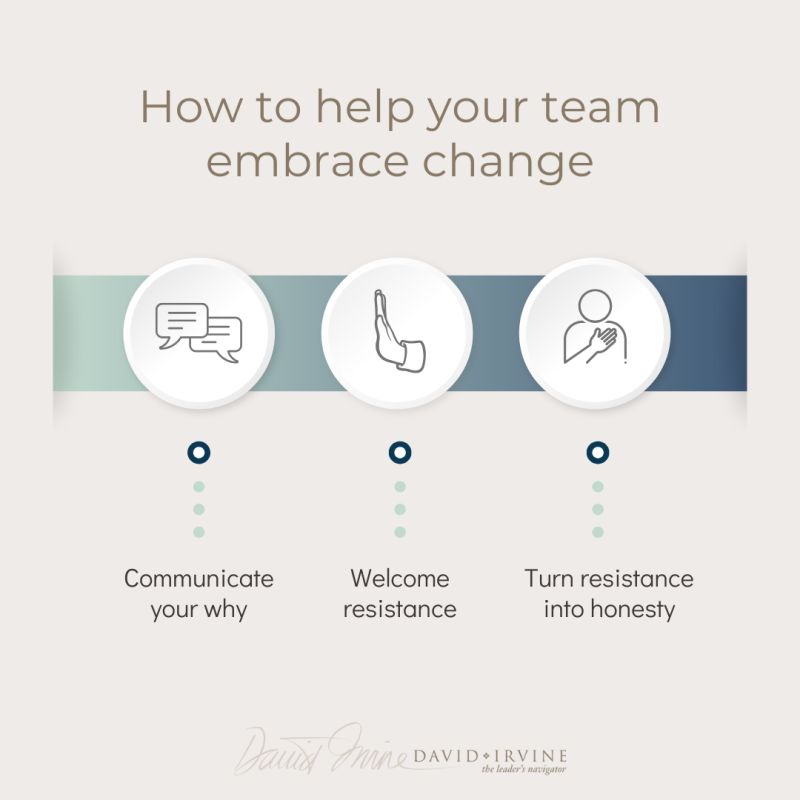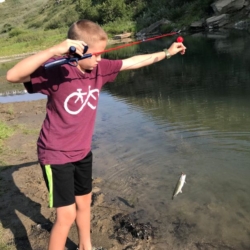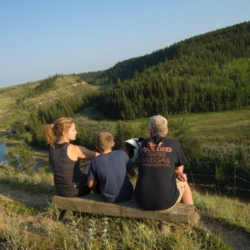BREAKING THE ROUTINE: Why Change Really is as Good as a Rest
As I turn 70 next year, I have the good fortune of gaining some new perspective on my life. A lot of people look forward to the day they can “retire,” finally able to slow down, rest, and do nothing. But some of the happiest people I’ve met are not the ones who define “retirement” as “resting.” The happiest people I know are those who define retirement as doing what they love. They’re still contributing. They’re learning. They’re volunteering. They’re staying active and strong. They’re busy. They have a full life. They aren’t necessarily “resting.” They’re renewed because they’re changing things up. Do you know what happens to people who do “nothing” for very long after they retire? They die.
Of course there are no guarantees. When our time is up, our time is up. Knowing whether a change will add years to your life remains uncertain. What is certain is that changing things up will add life to your years.
So, what is the lesson? We often hear the saying, “A change is as good as a rest.” But what does it really mean, and why does change rejuvenate us just as much—if not more—than a rest?
At its core, change interrupts routine. Our daily lives can become predictable and, over time, mentally draining. Even the most comfortable routines can lead to stagnation, making us feel tired, uninspired, or stuck. As the saying goes, “Life is just so darn daily.” But when we introduce change—whether it’s rearranging a room, trying a new hobby, or taking a different route to work—we awaken our senses and spark curiosity. This mental stimulation can be as refreshing as a vacation.
Change also challenges us to adapt and grow. It pushes us out of our comfort zones and encourages resilience. Every new experience, big or small, builds confidence and brings a sense of accomplishment. In this way, change doesn’t just offer rest from monotony; it energizes us with new perspectives and possibilities.
Moreover, embracing change fosters creativity. When we break from the familiar, we see the world differently. New environments and experiences inspire fresh ideas and solutions, fueling both personal and professional growth. Summer is a great opportunity for this. If it’s in your nature to rest, then take this time now to rest. Some rest is good for us, but if it isn’t in your nature to rest, then take some time this summer to simply change things up.
Just remember, the next time you feel weary, you don’t always need to rest to recharge. Sometimes, all you need is a little change. Embrace it. You may find yourself more refreshed, inspired, and alive than ever before.






